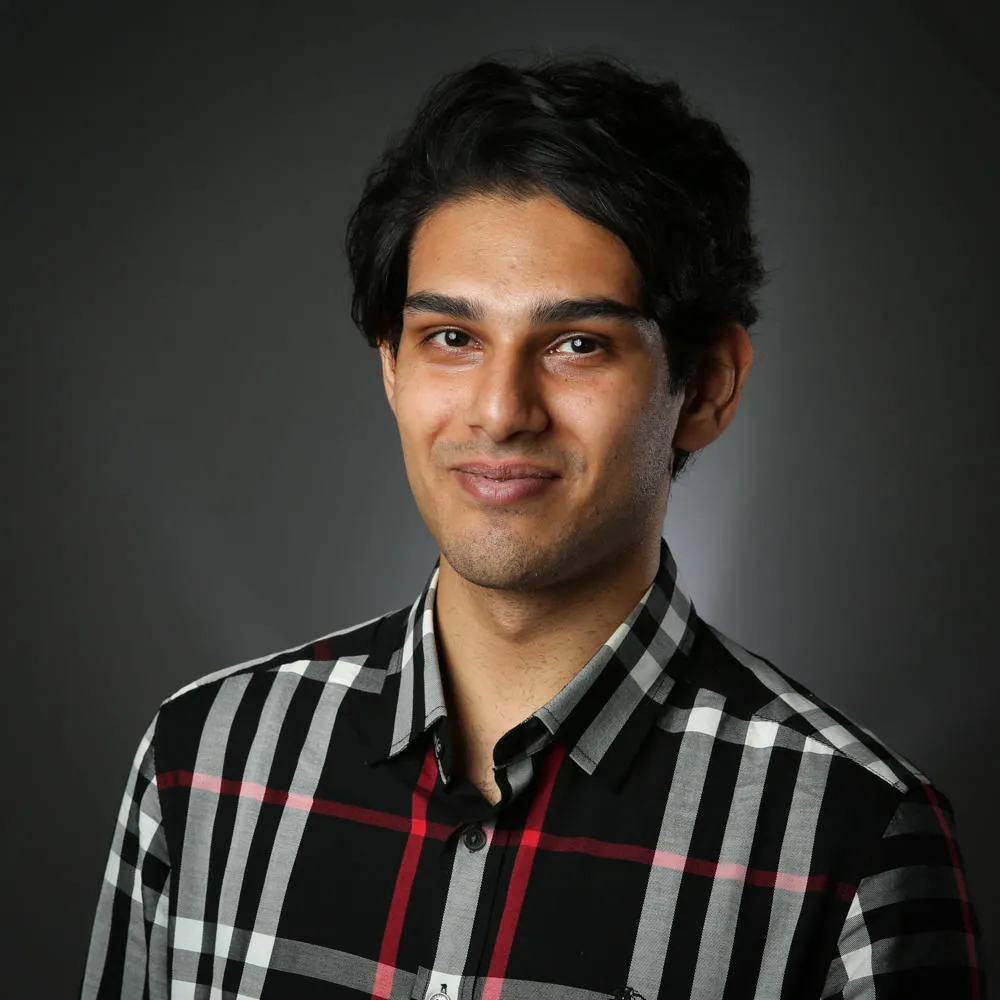Strand Campus
Strand Campus feels like the heart of London—historic yet buzzing with energy. Nestled by the Thames, it offers world-class academics, vibrant student life, and endless inspiration from the city’s culture and diversity.
Our Computer Science with a Year in Industry BSc course equips you with an in-depth understanding of the field of computer-based information systems. You'll study a wide range of innovative modules, honing your analytical and practical skills, including becoming proficient across diverse software platforms and programming languages.
The course will also enhance your understanding of computer science's changing role in an increasingly complex, digital world, covering vital social, legal, professional, and ethical responsibilities. This ensures you graduate with a well-rounded skillset, opening the door to a wide range of future-focused careers.
Throughout your degree, you’ll also get to apply your skillset to tackle complex projects inspired by real-world industry problems. This could involve developing a tech solution for an external company in your fourth year. You’ll then apply your learning during a year-long professional placement in a major UK company, gaining crucial skills and experience for your future career.
Accreditation
This degree has been accredited by BCS, the Chartered Institute for IT. Accreditation is a mark of assurance that the degree meets the standards set by BCS. An accredited degree entitles you to professional membership of BCS, which is an important part of the criteria for achieving Chartered IT Professional (CITP) status through the Institute. Some employers recruit preferentially from accredited degrees, and an accredited degree is likely to be recognised by other countries that are signatories to international accords.

I loved the opportunity to study in the heart of London, engage with a mix of interesting theoretical and practical modules, enjoy tech and computing-related societies, and get invaluable advice from the careers service

By studying Computer Science at King’s, you will join a vibrant and diverse community of students and staff from all over the world, exploring fundamental scientific questions and responding to key societal challenges. As a BSc student, you will not only be taught by world-experts in their field, but study alongside pioneering students who are researching and developing cutting-edge technologies, with many of our students going on to found start-ups.
Your first two years are designed to equip you with in-depth knowledge and hands-on skills across core computer science fields, including computer systems, databases, AI, software engineering, and logic. You'll become proficient in programming languages through our world-class teaching. You’ll gain not just fluency in a range of languages but a deep understanding of programming principles, enabling you to work with languages of the future. Practical hardware modules will also give you the skills to work with electronics, from circuit boards to programming microprocessors.
In your fourth year you can tailor your degree to your own interests, choosing from a wide range of modules including robotics, data science, information security, machine learning and human-centred computing.
A key focus of our course is on project work, applying your learning to a range of real-world problems, and developing key skills and confidence for your future profession. This includes developing a software system as part of a team in your second year. In your fourth year on returning from industry, you will undertake a substantial project, either from of our research groups or inspired by an industry problem, working as part of a team to develop software solutions for our partner companies who span sectors from computing and law to aviation and government.
In your third year, you can pursue a professional internship and get paid to work for a company, building your skills and industry experience. Computer Science students secure placements in areas such as software development, AI, cybersecurity, fintech, game development, digital consultancy, and with smaller tech start-ups and innovation hubs. Finding an industry placement will require students to be resourceful and engaged.
You will receive tailored support from King’s Career Services, your Computer Science Year in Industry academic lead, and a dedicated Faculty Placement Coordinator, who will help you prepare competitive applications, perform strongly at technical interviews, and connect with employers.
Outside of teaching, our student societies organise social and other activities such as hackathons and river cruises, giving you many opportunities to get involved at King's.
Reviewed, inspected and accredited by the BCS

King's College London and Affiliates
Strand Campus feels like the heart of London—historic yet buzzing with energy. Nestled by the Thames, it offers world-class academics, vibrant student life, and endless inspiration from the city’s culture and diversity.
Our Waterloo campus is home to the Florence Nightingale Faculty Nursing & Midwifery, and a vibrant hub for health, social science, and law students. Located moments from the iconic landmarks of South Bank and just a short walk to the Stand campus.